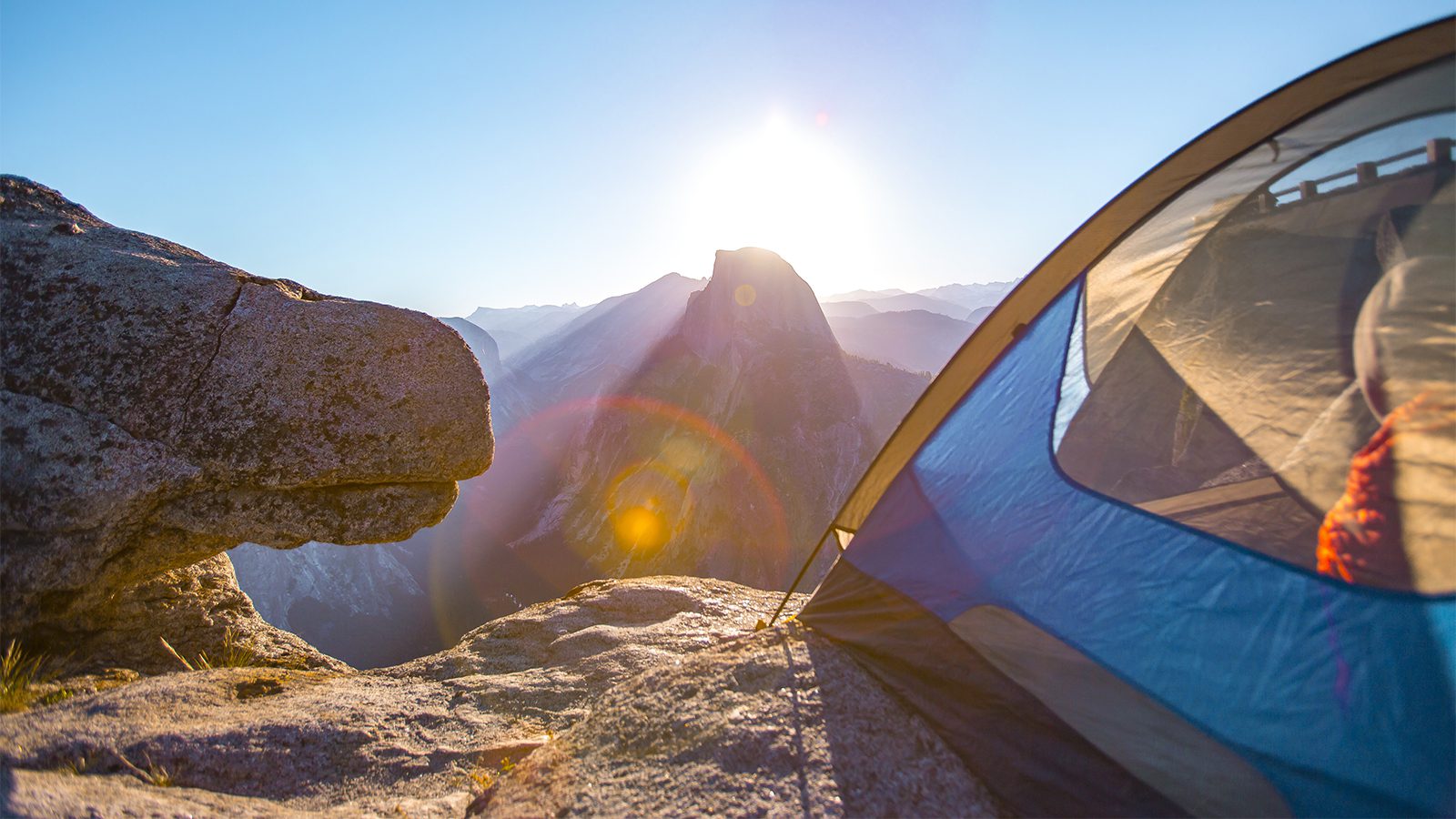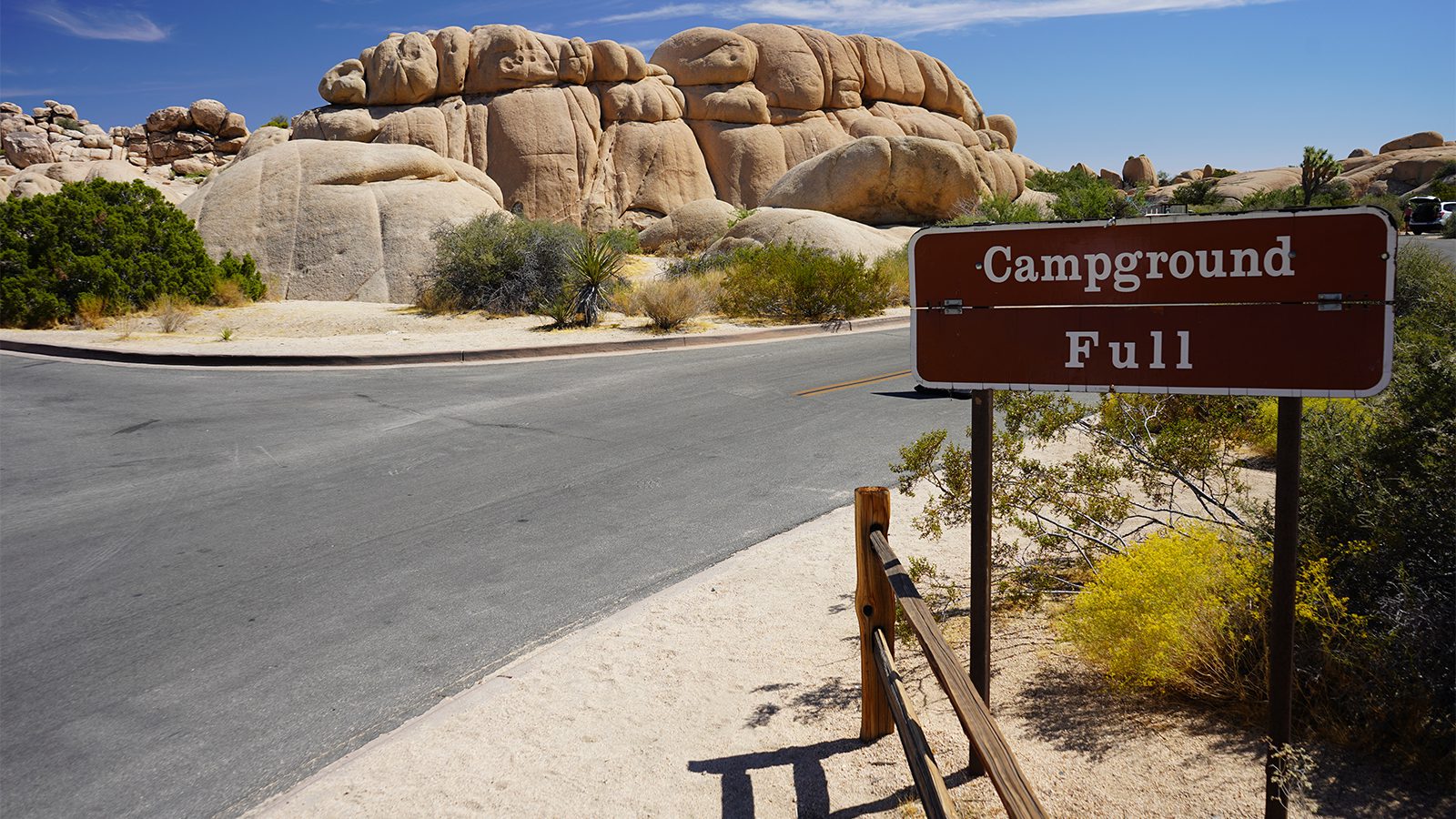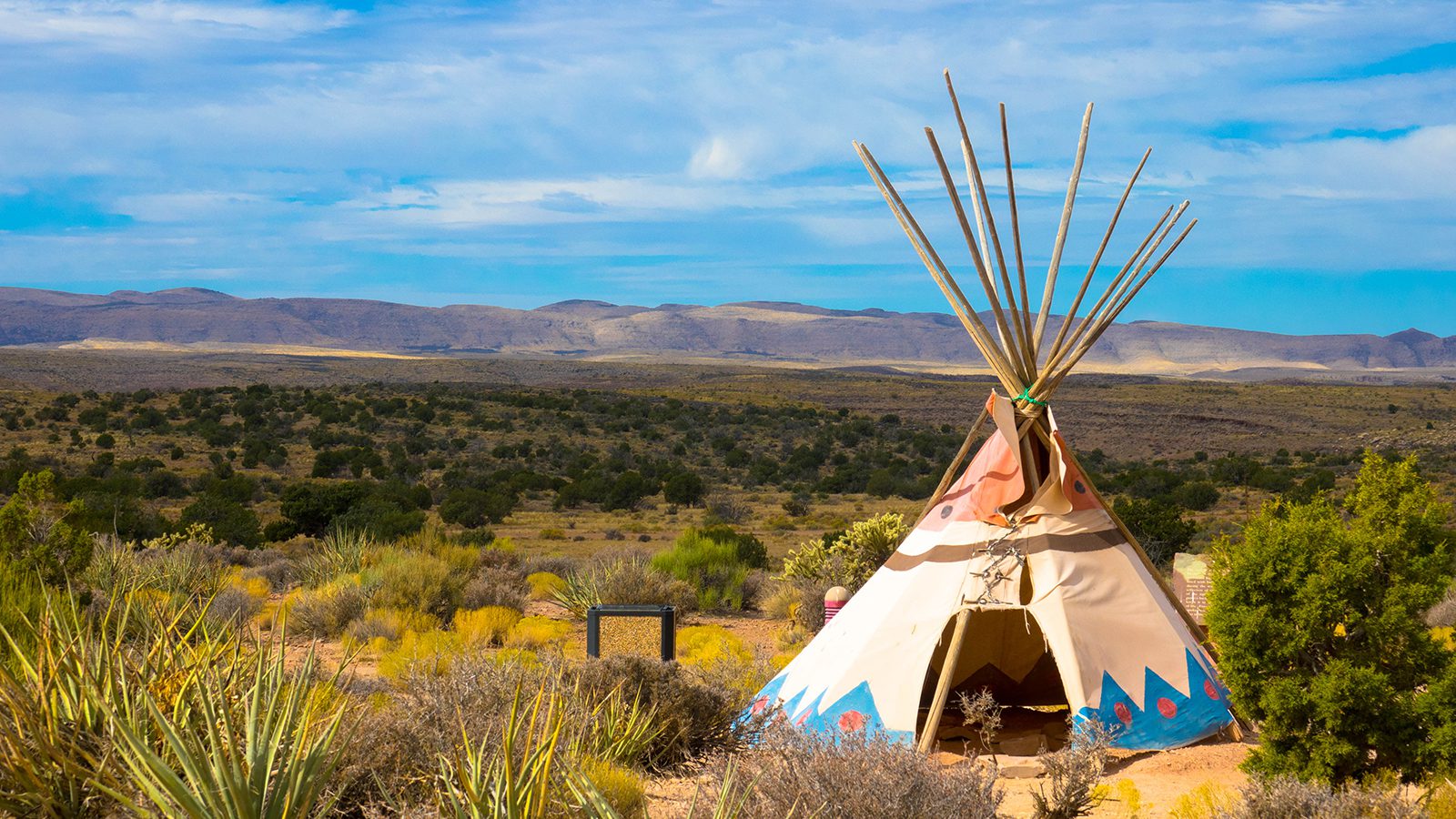A camping trip to Sequoia and Kings Canyon National Park is sure to be one to remember.
Here are some top tips for making the most of your stay.
1. Check the weather
Although some of the campgrounds on our list are located in the foothills of the Sierra, most of the park’s campgrounds are in the mountains.
Snow can happen at any time and can blanket the roads, making some campgrounds inaccessible. If visiting the parks in the spring or fall, tire chains and a knowledge of how to use them are essential.
2. Be prepared for the drive
Most of the campgrounds in Sequoia and Kings Canyon are located along very windy roads that can be challenging if you’re driving a long vehicle.
Anyone with a vehicle over 22’ is encouraged to enter the parks at Kings Canyon along Highway 180.
Meanwhile, much of the Generals Highway and all of Mineral King Road is difficult to navigate. So, campers with large vehicles should choose their campgrounds wisely to avoid these tricky highway sections.
3. Book early
Summer is very popular in Sequoia and Kings Canyon, especially during June and July.
If you’re going to visit the parks during the summer, book reservable sites as soon as your preferred campground is available – usually 5 to 6 months ahead of time to avoid disappointment.
While there are many first-come, first-serve sites, these can be hard to secure on busy summer weekends if you don’t arrive early in the morning.
4. Be fire aware
The High Sierra is especially prone to wildfires during the summer months, so visitors should keep an eye on nearby wildfires before and during their stay.
Although this is more of a concern for August and September camping, fire closures and evacuations can happen at any point during the summer and fall. So, check in with the rangers at any of the park’s visitor centers for more information throughout your trip.
5. Use the bear-proof containers
When staying at any of Sequoia and Kings Canyon’s campgrounds, you’re required to use the bear-proof containers located at each campsite.
Habituated bears are a known problem in the area, so all food, toiletries, and other scented items need to be properly stored to prevent bears from getting into your food.
Gaby Pilson
Gaby is a professional mountain guide with a master’s degree in outdoor education. She works primarily in the polar regions as an expedition guide, though she can be found hiking, climbing, skiing, sailing, or paddling in some of the world’s most amazing places when not at work.


